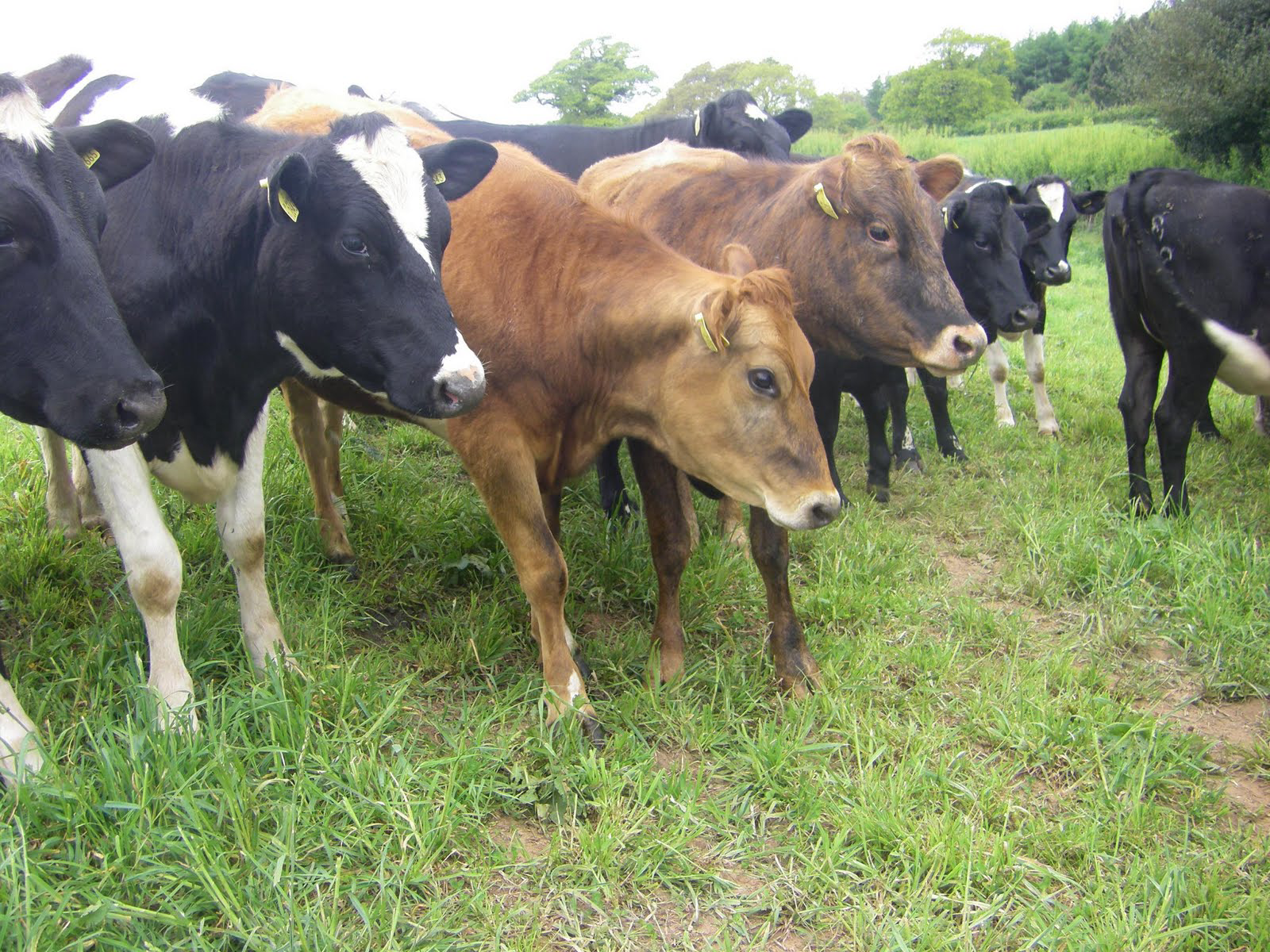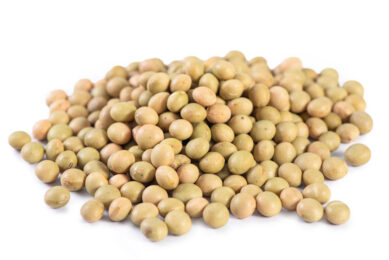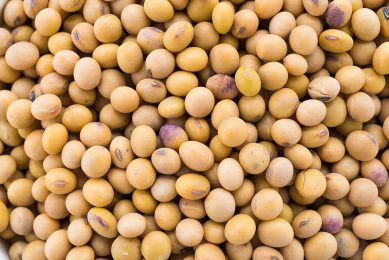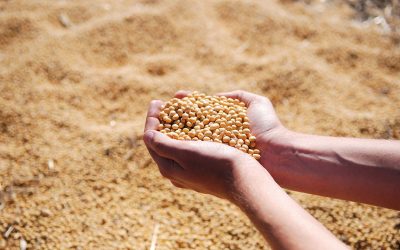Effects of soybean oil on growth performance in heifers

A study carried out by Brazilian researchers has concluded that soybean oil in different forms did not affect the intake of the dry matter in heifers or affect fatty acid profiles in the muscle.
The objective of this experimental study was to evaluate the effects of different forms of soybean oil (soybean grain, rumen-protected fat and soybean oil) in the rumen on the growth performance, nutrient intake, carcass characteristics, body development and the condition and meat quality of heifers.
Twenty-one (¼ Nellore × ¼ Santa Gertrudis × ½ Braunvieh) heifers received a diet containing 600 g/kg of corn silage and 400 g/kg concentrate, with a 58.0 g/kg fat content. The average daily gain and nutrient intake did not differ between the experimental diets (P > 0.05).
The carcass characteristics and meat quality were only different between treatments for the cold carcass yield, which was significantly greater (P < 0.05) in the treatment with the inclusion of rumen-protected fat. the different forms of oil in the diet did not affect the body composition traits and the live weight at slaughter. the cooking loss, shear force, carcass ultimate ph, and values of lightness (l*), redness (a*) and yellowness (b*) were affected by the forms of soybean oil in the rumen.>
The fatty acid profile in the longissimus muscle did not differ (P > 0.05) with different forms of soybean oil in the diet. Using different forms of soybean oil in the rumen does not change the production or meat quality characteristics of beef heifers.
The full report can be found here.











